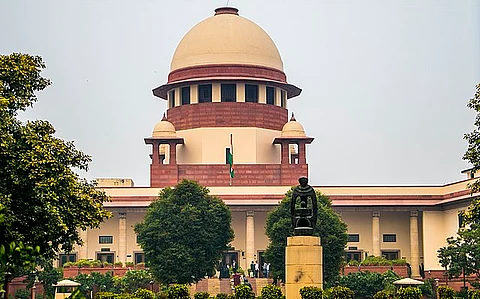Chidambaram said the issue is very much alive. The AG said when the Act is not challenged, the notifications cannot be challenged and the issues are academic.
Chidambaram said that the demonetization carried out in 1978 was through a separate Act of the Parliament, unlike the 2016 decision. He queried whether the demonetization of this kind -- withdrawing 86 percent of currency notes -- in circulation requires a separate law by the Parliament.
On the aspect of whether the exercise is academic or infructuous, the bench said it needs to examine the matter since both sides do not agree. It said it knows where the 'Lakshman Rekha' is, but how this action was done has to be examined and it has to hear the counsel decide that.
Mehta said the court's time should not be wasted on academic issues. Senior advocate Shyam Divan, representing petitioner Vivek Narayan Sharma, said he was surprised at Mehta's comments, as the earlier bench had said these cases must be placed before a constitution bench.
Divan read out the issues formulated in the reference order for the bench and added that the Supreme Court had barred other courts from entertaining petitions on this subject.
The top court asked the Centre and the RBI to file comprehensive affidavits on the 2016 demonetization decision and also keep the files ready in connection with the Centre's letter to the RBI, the decision of the RBI Board, and the demonetization announcement. The bench has scheduled the matter for further hearing on November 9. (KB/IANS)


